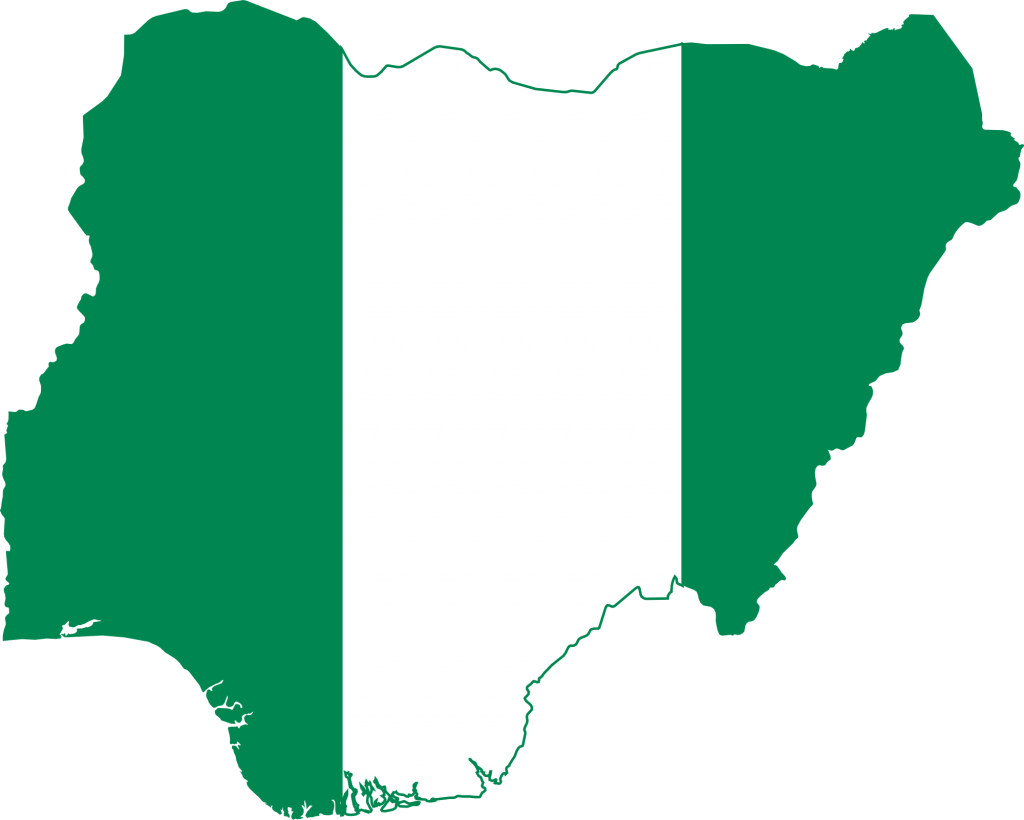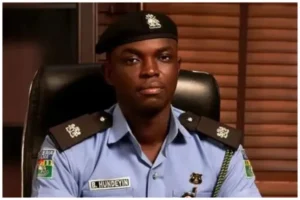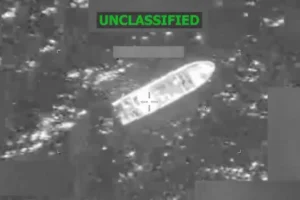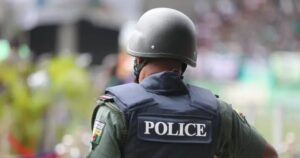Pratt Elias has raised renewed concerns about the fragile relationship between Nigeria’s democratic system and its military institutions. He argues that although the country has enjoyed years of civilian rule, unresolved tensions still exist beneath the surface. According to him, these fault lines become visible whenever political instability, insecurity, or governance failures push the military back into public conversations.
Elias stresses that a strong democracy requires firm civilian control, transparent leadership, and institutions that respond to citizens’ needs. When these structures weaken, the military’s influence — whether perceived or real — begins to grow, creating doubts about democratic stability. He notes that Nigeria must learn from past experiences to prevent old patterns from re-emerging.
He also emphasizes the need for better political education, stronger institutions, and improved security management. Strengthening these areas, he believes, will reduce the likelihood of military interference and help build a democracy rooted in accountability and trust.
Ultimately, Elias calls for a national commitment to protecting democratic values. He insists that the future of Nigeria’s democracy depends on closing the gap between civilian governance and military engagement to ensure long-term peace and stability.







